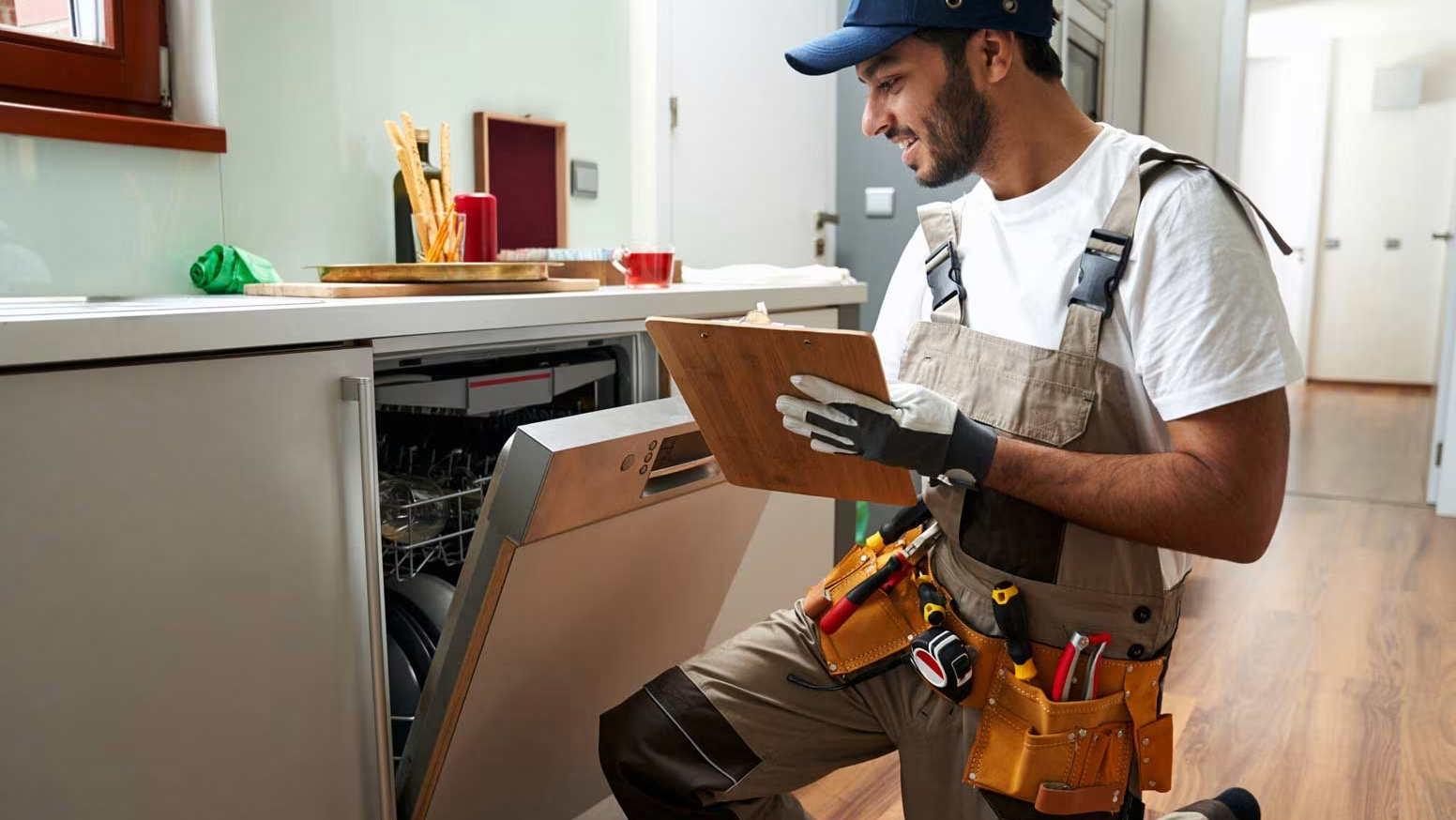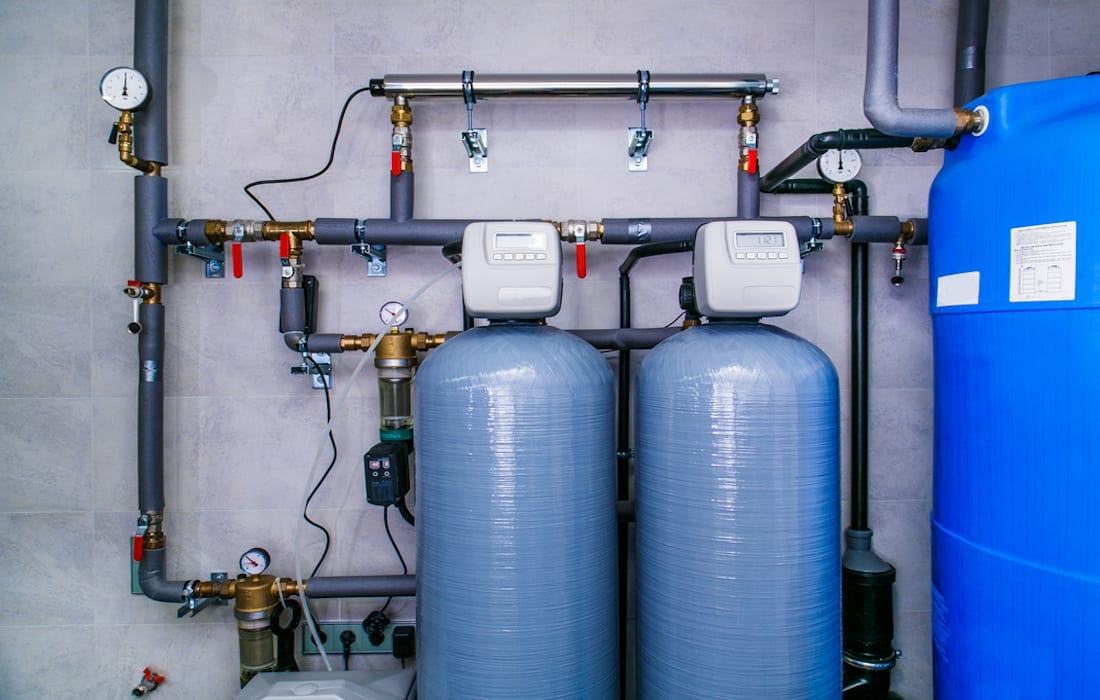Now Reading: Appliance Repairs Too Expensive? 7 Powerful Ways to Cut Costs in 2025
-
01
Appliance Repairs Too Expensive? 7 Powerful Ways to Cut Costs in 2025
Appliance Repairs Too Expensive? 7 Powerful Ways to Cut Costs in 2025

Table of Contents
Appliance If you’ve recently had to fix your refrigerator, washing machine, or air conditioner, you’ve likely felt a hit to your wallet. Across the country, homeowners are dealing with increasing appliance repair bills, leaving many to ask: is it even worth fixing anymore?
From supply chain issues to labor shortages and rising service fees, appliance repair costs are climbing steadily. Add to that the fact that many new appliances are made with complex electronics, and you’ve got a perfect storm of challenges for both consumers and repair technicians.
Let’s take a closer look at why repair bills are piling up, what you can do to reduce them, and how to know whether to repair or replace your home appliances.
The Rising Cost of Appliance Repairs
In the last few years, appliance repair bills have risen by 15% to 30%, according to several industry surveys. The increase depends on the type of appliance, brand, and location.
Here are the average repair costs in 2025:
- Refrigerator: ₹3,000–₹8,000
- Washing machine: ₹2,000–₹6,000
- Microwave: ₹1,500–₹3,500
- Dishwasher: ₹3,000–₹7,000
- AC unit: ₹4,000–₹10,000
Many customers are shocked to learn that a single repair can cost nearly as much as buying a new machine, especially for older models.
Why Are Appliance Repairs So Expensive?
There are several reasons repair costs are going up:
1. Shortage of Skilled Technicians
There’s a growing gap between the number of appliances needing service and the number of trained repair professionals. With fewer technicians available, many are charging premium rates, especially for emergency or weekend calls.
2. Complex Electronics
Modern appliances are no longer just mechanical. They include touch screens, sensors, smart features, and integrated software. While these features offer convenience, they also make repairs more complicated—and expensive.
3. Spare Parts Delays
Global supply chain disruptions have made it harder to source essential parts. Some brands take weeks to deliver components, forcing repair companies to stockpile parts or pay more to get them faster.
4. Out-of-Warranty Issues
Many appliances come with only a 1-year warranty, and extended warranties don’t always cover major issues. Once the warranty is up, every repair falls on the consumer.
Repair or Replace? Here’s How to Decide
When your breaks down, the first decision is often: repair or replace?
Experts suggest following the 50% Rule:
If the repair costs more than 50% of the price of a new appliance, it’s better to replace it.
Also consider the age of the appliance:
- Refrigerators: 10–15 years lifespan
- Washing Machines: 8–12 years
- Dishwashers: 7–10 years
- Microwaves: 5–8 years
- AC Units: 10–15 years
If your appliance is near or beyond these age ranges, a new purchase might be more cost-effective in the long run.
Smart Tips to Lower Your Repair Bills
If you’re not ready to replace your , here are some practical ways to save on repairs:
1. Regular Maintenance
Cleaning filters, checking hoses, and servicing machines every few months can prevent major problems. For instance, cleaning your AC filters regularly can extend its life and reduce energy bills.
2. Compare Repair Services
Don’t settle for the first quote. Compare prices from at least two to three service providers. You might find a local technician who charges significantly less than brand-authorized repair centers.
3. Look for Flat-Rate Services
Some companies offer flat-rate service charges, which can help you avoid surprise costs if a repair takes longer than expected.
4. DIY Minor Fixes
For small issues like a clogged dishwasher or a washing machine that won’t drain, try checking YouTube tutorials or your user manual. Many minor problems have simple solutions that don’t require a technician.
5. Use Extended Warranty Wisely
Before paying for repairs, check if the appliance is still under manufacturer or extended warranty. Also, some credit cards offer extended warranty coverage if you used them to buy the appliance.
How to Choose the Right Repair Service
Not all repair companies are created equal. Here’s how to make a smart choice:
- Check Reviews: Use Google, JustDial, or local directories to read user reviews.
- Ask for Certification: Ensure the technician is trained and certified for your brand.
- Inquire About Warranty: Always ask if the repair work comes with a service guarantee.
- Avoid Cash Deals: Pay via a traceable method to avoid disputes later.
Government and Consumer Support
Consumer forums in India have been receiving an increasing number of complaints regarding overcharging and unqualified technicians. Some states are now considering stricter regulations on home service businesses to protect customers.
Final Thoughts
Rising appliance repair bills are becoming a real burden for many households. While technology has improved convenience, it has also increased complexity and cost. The best way to protect yourself is by maintaining your appliances, choosing reliable service providers, and knowing when it’s time to say goodbye to an old machine.
The more proactive you are, the more money you can save and the fewer unpleasant surprises you’ll face the next time something breaks down.
Read More:- Shobha Realty Launches Its Most Luxurious Project Yet—Full Details Inside 2025






















